Oral care for kids and teens
- Dental care basics are the same for everyone but kids and teens have different dental care needs compared to adults and seniors.
- Infants can get cavities like older children and adults. Following all feedings, you should clean your baby’s mouth and teeth.
- Not everyone’s teeth develop on the same schedule. That’s why it’s important for kids and teens to see their dentist regularly so he or she can monitor their growth, progress, and oral health
- Establishing and maintaining healthy habits in childhood can help teeth last a lifetime
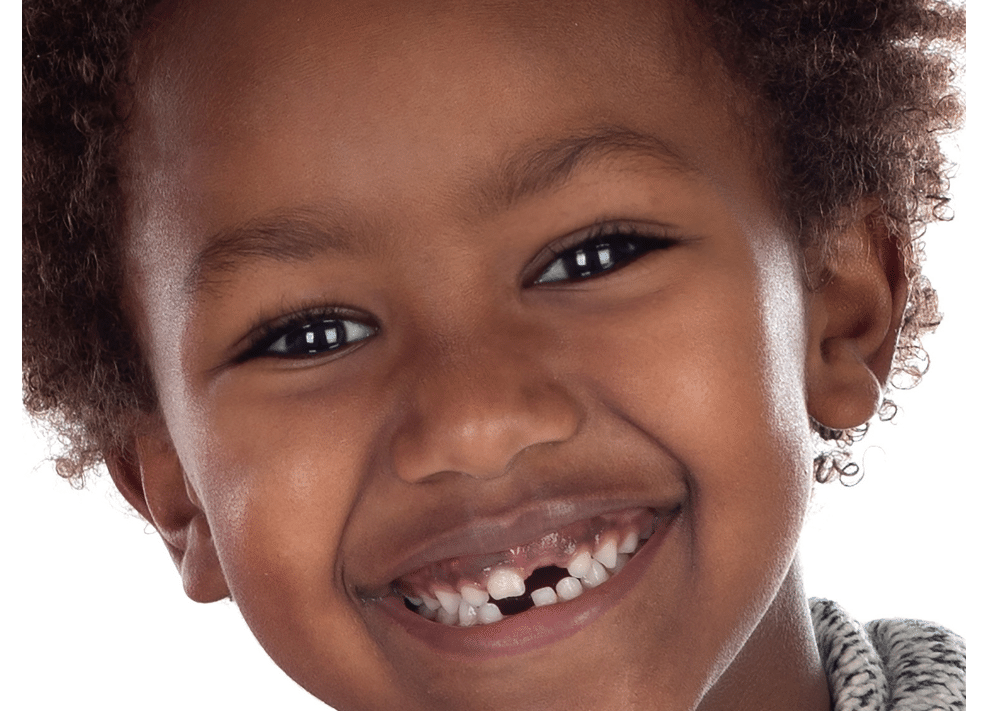
Tooth eruption
Tooth eruption differs from person to person, but the chart shows average ages for when teeth come in.
Typically, we have a total of 20 primary teeth and 32 permanent teeth.
Genetics play a role in growth and tooth development and can sometimes cause abnormalities in the timing or sequence of tooth eruption. Such differences may result in malocclusion (misalignment between the upper and lower teeth). The growth and alignment of teeth is monitored by the dentist and hygienist during regular check-ups.
In some cases, such as in children with Down Syndrome, tooth eruption may be delayed by several years or some teeth may never erupt. The dentist can best discuss how to address issues relevant to each child.
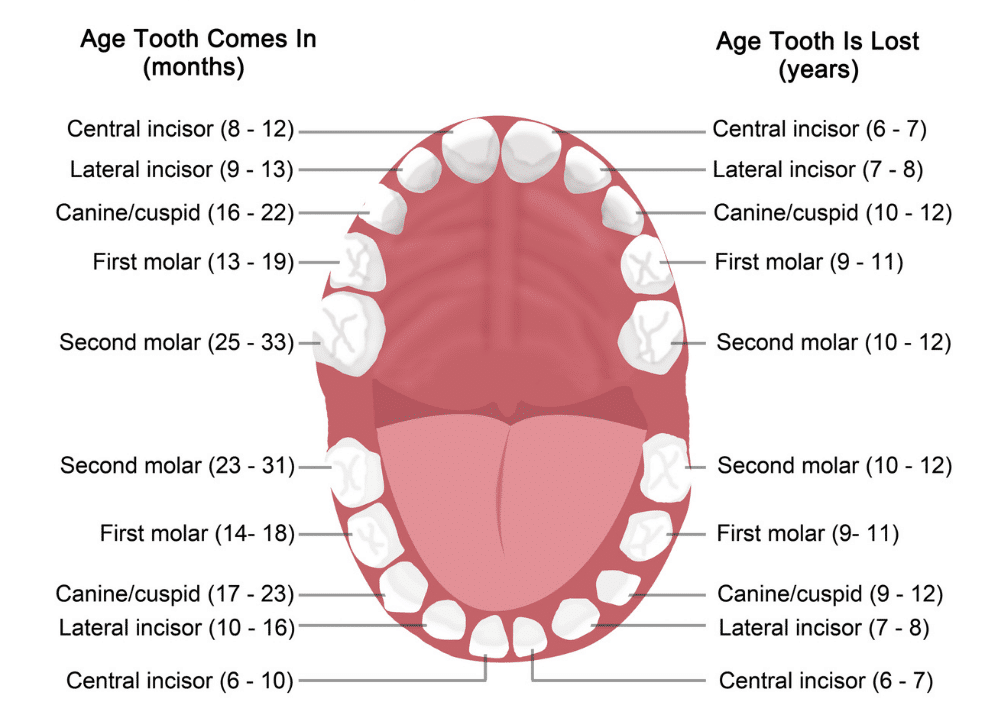
Stages of dentition
During childhood, we go through 3 stages:
Primary dentition
Typically from 6 months to six years old, when only primary teeth are visible. Although not yet visible, tooth buds for permanent teeth are present in the mouth.
Mixed dentition
Starts when the first permanent tooth appears in the mouth (usually the first molar), typically at age 5 or 6 wand lasts until the last primary tooth is lost, typically between the ages of 10 and 12.
If any primary teeth are shed or lost before permanent teeth are ready to replace them, some posterior teeth may drift forward and cause space to be lost in the mouth. This may cause crowding and/or misplacement once the permanent teeth erupt. This is usually the stage at which orthodontic treatment is first discussed.
Permanent dentition
After the last primary tooth is lost (usually at age 11 or 12) and only permanent teeth are present. The last teeth to erupt are usually the third molars or wisdom teeth, which come in during one’s late teens.

Orthodontic treatment
The teen years typically are the time for orthodontic treatment. Your dentist assesses your bite and tooth alignment at every office visit. If you have a bad bite or your teeth are crooked or out of alignment, you may be referred to an orthodontist. Braces can help improve your smile and make your teeth straighter. They can also improve your dental health and overall health because untreated orthodontic problems can make it hard to bite and chew and can interfere with eating.
If you have a bad bite, you may also be prone to cavities or gum disease because it may be hard to clean your teeth. Braces come in many different styles, including tooth-colored plastic braces or traditional metal braces that come in a variety of colors. Removable clear retainers can sometimes be used.
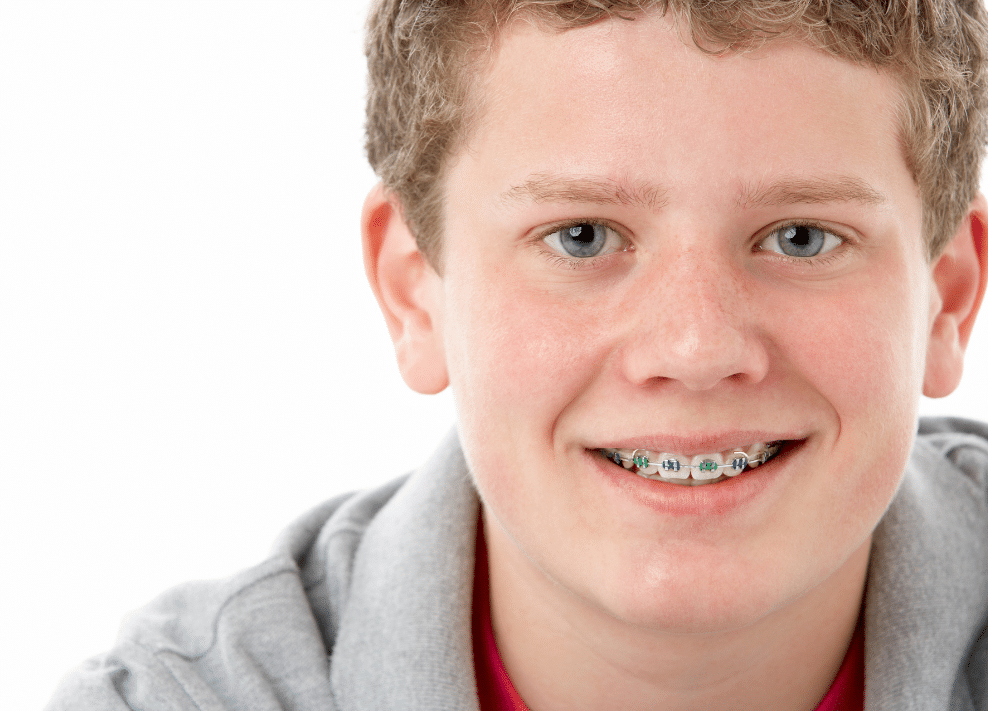
Wisdom teeth
Typically, one has all of their permanent teeth by age 13, but wisdom teeth, also referred to as third molars, usually erupt between the ages of 17-21. Sometimes, one’s mouth does not have enough room for wisdom teeth to come in normally or the teeth are in the wrong position to erupt in alignment with the other teeth. When that happens, your dentist may recommend their extraction. Simple extractions are sometimes done by your general dentist, while more complicated procedures are referred to an oral and maxillofacial surgeon.
Regular dental visits are especially important during this phase of growth since they allow your dentist to monitor the progress of your wisdom teeth. Every patient is unique, but in general, wisdom teeth may need to be removed when there is evidence of changes in the mouth such as:
- pain
- infection
- cysts
- tumors
- damage to adjacent teeth
- gum disease
- tooth decay (if it is not possible or desirable to restore the tooth)
Your dentist or specialist may also recommend removing your wisdom teeth to prevent problems or for others reasons, such as when removal is part of getting braces, treating gums or other dental procedures.

Smoking, drugs and alcohol
In spite of the knowledge that smoking is bad for your health in general, it’s often during the teen years that people begin to smoke. Smoking, vaping, and chewing tobacco are harmful to your oral health in many ways.
- stained teeth and tongue
- bad breath
- dulled sense of taste and smell
- slow healing after a tooth extraction or oral surgery
- difficulties in correcting cosmetic dental problems
- gum disease and tooth loss
- oral cancer
What effects will smoking, alcohol or taking drugs have on my oral health?
Smoking can cause tooth staining, gum disease, tooth loss and – more seriously – mouth cancer. Smoking is also one of the main causes of bad breath.
Alcoholic drinks can also cause mouth cancer. If you smoke and drink, you are more at risk.
Alcohol can also increase the risk of tooth decay and erosion. Some alcoholic drinks have a lot of sugar in them, and some mixed drinks may contain acids. So they can cause decay or dental erosion if you drink them often and in large amounts.
Legal and illegal drugs can lead to a range of health problems. Smoking cannabis can have the same effects as smoking tobacco. Other drugs can cause a dry mouth and increase the risk of erosion, decay, gum disease and bad breath. Drugs can also cause you to grind your teeth, which can cause headaches and other problems. Many drugs can cause a craving for sugar, such as sweets and fizzy drinks, which can case tooth decay.
The human papillomavirus (HPV) is the main cause of cervical cancer and affects the skin that lines the moist areas of the body (such as the mouth). It can be spread through oral sex. Practising safe sex and limiting the number of partners you have may help reduce your chances of getting HPV.
You may hear about teenage girls being offered the HPV vaccine to help prevent the virus. Talk to someone at your medical practice, or your parents or guardians, if you want to know more about this.
Your dentist may ask you questions about your lifestyle choices and general health because these may affect the health of your mouth.
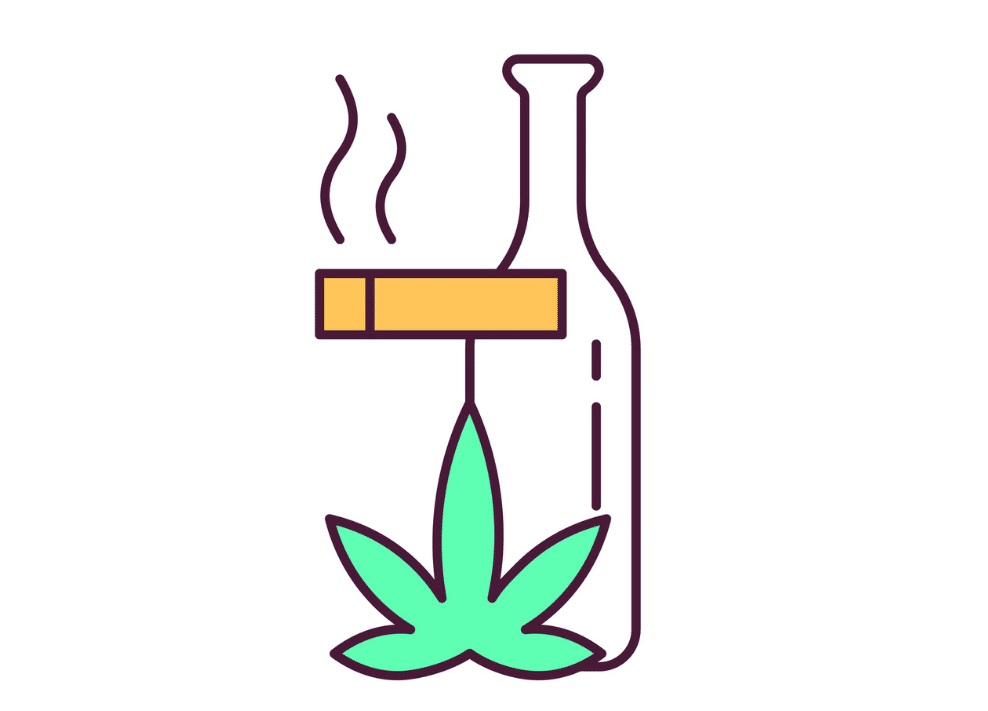
Oral piercings
Oral piercings can be dangerous to your health. Your mouth contains millions of bacteria, and infection and swelling often occur with mouth piercings. For instance, your mouth and tongue could swell so much that you close off your airway or you could possibly choke if part of the jewelry breaks off in your mouth. In some cases, you could crack a tooth if you bite down too hard on the piercing and repeated clicking of the jewelry against teeth can also cause damage. An infected oral piercing can also lead to more serious systemic infections, including hepatitis or endocarditis.
What are the dangers of mouth piercing?
- Infection.
- The surrounding tissues can become inflamed.
- Blood infections.
- The tongue can swell.
- Teeth can chip and break.
- It can be difficult to talk, eat and swallow.
- It is difficult to keep your mouth clean.
- Dental treatment can be difficult.
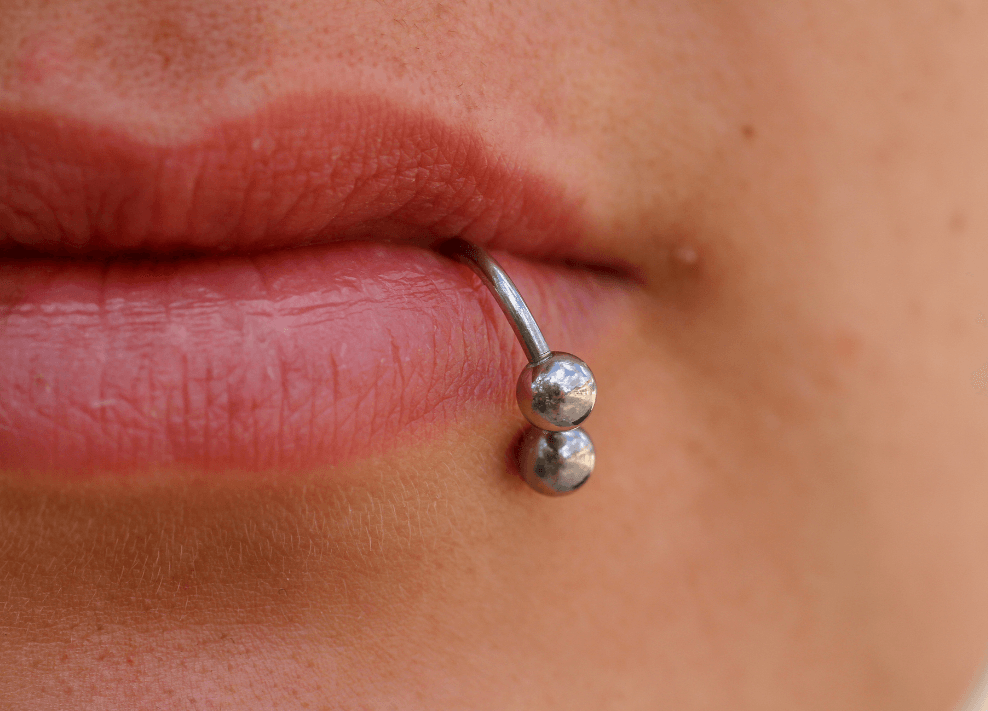
Eating disorders
Eating disorders arise from a variety of complex physical, emotional and social issues and they can also be devastating to your oral health.
Millions of people are affected by serious eating disorders such as anorexia, bulimia and binge eating and these eating disorders can also affect a person’s oral health. Without the proper nutrition, gums and other soft tissue inside the mouth may bleed easily. The glands that produce saliva may swell and individuals may experience chronic dry mouth. Throwing up frequently can affect teeth too. That’s because when strong stomach acid repeatedly flows over teeth, the tooth’s enamel can be lost to the point that the teeth change in color, shape and length. The edges of teeth become thin and break off easily.
If you suffer from an eating disorder, it’s important to seek counselling and talk to your health care provider.

Top tips for teens
- Brush your teeth last thing at night and at least one other time during the day. Use a toothbrush with a small- to medium-sized brush head with soft to medium bristles, and brush for two minutes.
- You should use a pea-sized amount of toothpaste that contains 1350ppm to 1500ppm fluoride.
- Have sugary food and drinks just at mealtimes.
- Visit your dental team at least once a year, or as often as they recommend.
- Clean in between your teeth with ‘interdental’ brushes or floss at least once a day, to help remove plaque and food from between your teeth.
- Use a mouthwash to freshen your breath and kill bacteria.
- Use a straw if you have fizzy drinks, as this helps the drink to go to the back of your mouth and reduces the number of acid attacks on your teeth.
- Wait for at least one hour after eating or drinking anything acidic before you brush your teeth.
- Chew sugar-free gum after eating to help make more saliva and cancel out the acids which form in your mouth after eating.

